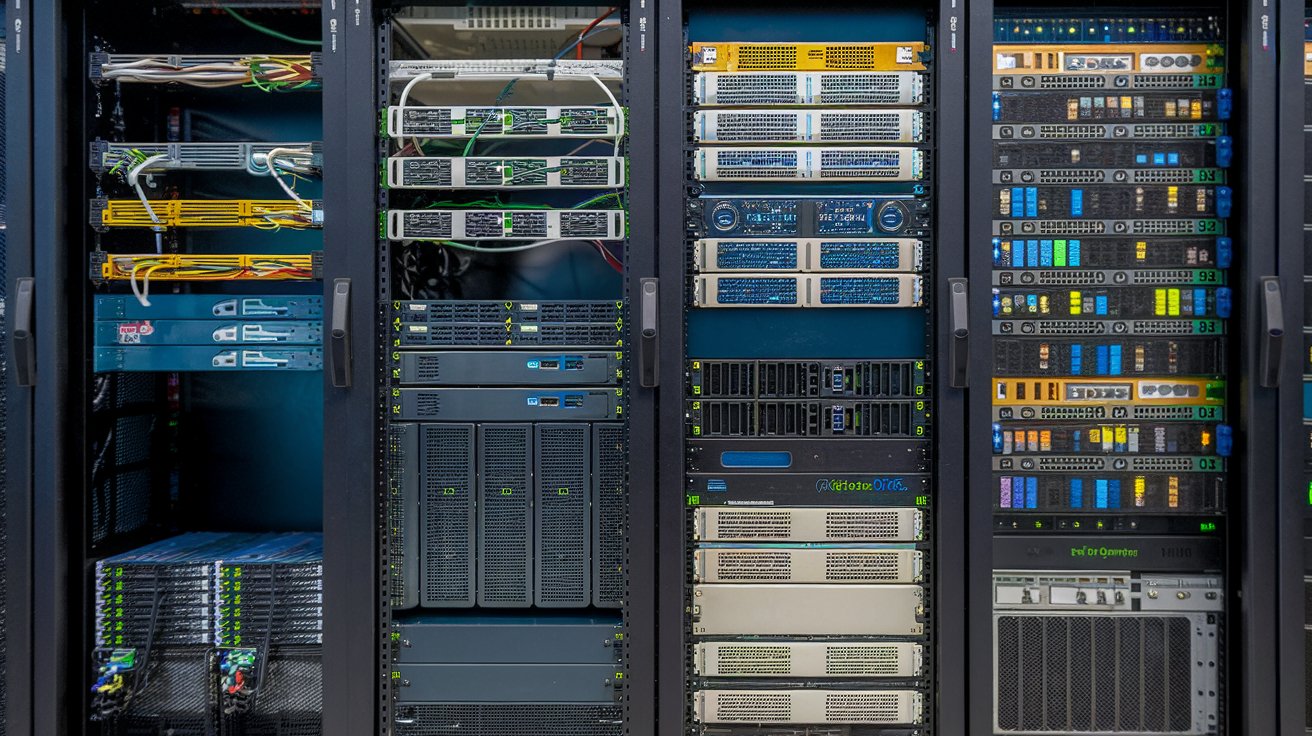The rising demand for IPv4 addresses, alongside their diminishing supply, has driven businesses to carefully consider how best to obtain these valuable resources. Companies must weigh the choice between purchasing and leasing, but for many, leasing offers a range of unique advantages that make it the preferred option. Here, we’ll discuss the top benefits of choosing to lease IPv4 addresses instead of purchasing them outright.
1. Cost-Efficiency and Budget Flexibility
One of the primary advantages of opting to lease IPv4 addresses is cost savings. Purchasing IPv4 addresses requires a significant upfront investment, which may not be feasible for smaller businesses or startups with limited budgets. Leasing, on the other hand, allows companies to access the necessary resources without tying up large sums of capital. The cost of leasing is generally spread over months or years, enabling companies to allocate funds to other essential areas, such as expanding their infrastructure or developing new products.
2. Greater Flexibility and Scalability
Leasing IPv4 addresses offers businesses the flexibility to scale up or down as required. For organizations with fluctuating demand, such as e-commerce businesses during peak shopping seasons or media streaming platforms, leasing enables them to adjust the number of IP addresses they have access to based on their current needs. This flexibility is challenging to achieve when you buy IP address, as ownership does not offer the same ease of scaling and can lead to overinvestment or underutilization.
Additionally, leasing provides a way to quickly adapt to technological changes. As IPv6 adoption becomes more widespread, leasing IPv4 addresses allows companies to maintain IPv4 compatibility without a long-term commitment, ensuring they can pivot to IPv6 when they’re ready.
3. Reduced Maintenance and Administrative Burden
When companies choose to lease IPv4 addresses, they typically work with service providers who handle much of the administrative responsibilities, including address management, record maintenance, and compliance with relevant policies. This support can significantly reduce the burden on internal IT teams, freeing them to focus on other mission-critical tasks.
Ownership, however, means taking on the administrative responsibilities associated with IP address management, which can require substantial time and expertise. For businesses with limited IT resources, leasing IPv4 addresses is often the more convenient and efficient option.
4. Faster Access to IP Resources
For businesses that need IPv4 addresses quickly, leasing can be the optimal choice. The leasing process is generally more straightforward than purchasing, with service providers often able to provision addresses in a short period. This quick access is beneficial for companies with urgent expansion needs, such as launching a new service, expanding into a new market, or meeting a sudden spike in customer demand. Buying, on the other hand, can involve extensive planning, paperwork, and negotiation, delaying the process and potentially hindering business growth.
5. Lower Risk of Investment in a Limited Resource
As the global IPv4 address supply continues to dwindle, the cost of purchasing IP addresses is expected to increase. For businesses, this makes buying IPv4 addresses a potentially high-risk investment, especially as the internet continues to transition to IPv6. By choosing to lease IPv4 addresses, companies can avoid long-term commitments to an asset that may eventually become obsolete or less valuable.
Leasing minimizes this risk by allowing organizations to use IPv4 addresses without being tied to ownership. Should IPv6 adoption accelerate, or should your business needs change, leasing allows you to make strategic shifts without the financial implications associated with owning a substantial IPv4 inventory.
6. Ideal for Short-Term Projects
If your organization operates in a field with project-based needs, such as data migration, cloud deployments, or temporary IT infrastructure expansions, leasing provides an ideal solution. Leasing offers a cost-effective way to access IPv4 addresses for the exact duration needed without a long-term financial commitment. In contrast, purchasing IP addresses for a temporary requirement would be a costly and impractical solution for short-duration projects.
Conclusion
When evaluating the choice between leasing and purchasing IPv4 addresses, businesses must consider factors such as budget constraints, scalability, and long-term planning. The option to lease IPv4 address resources offers clear advantages, including cost efficiency, flexibility, reduced administrative burden, and minimized financial risk, making it an attractive option for many organizations. By carefully assessing their unique needs, companies can determine whether leasing IPv4 addresses is the right solution for their network expansion and resource management goals.

